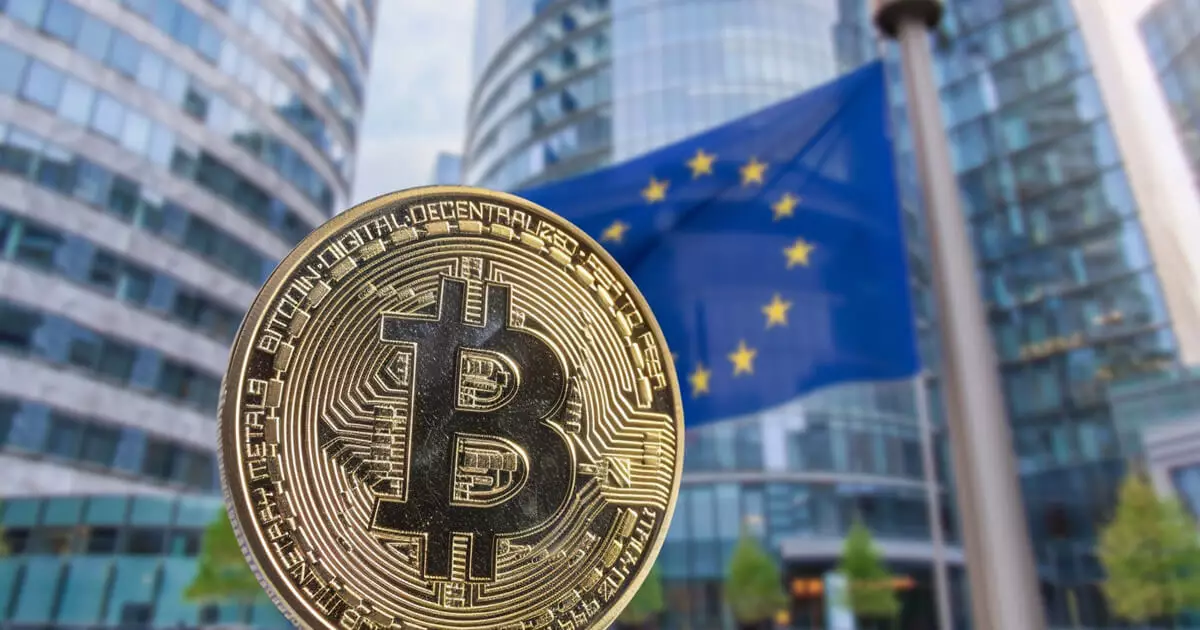The digital finance industry has seen the rapid emergence of crypto assets, presenting both challenges and opportunities for regulators around the world. In the European Union, the Markets in Crypto-Assets regulation (MiCAR) was introduced to provide a framework for crypto asset services. However, as the industry continues to evolve, non-custodial crypto asset service providers operating in the decentralized finance (DeFi) sector have created a critical gap in the regulatory landscape.
Non-custodial crypto asset service providers offer services related to crypto assets without actually holding custody of the assets themselves. This sector has seen significant growth, managing around $100 billion of locked value according to defillama.com. However, the current definitions and provisions within MiCAR do not cover these entities, creating loopholes for financial crime.
The exclusion of non-custodial crypto asset service providers from AML and sanction laws poses significant risks for investors and consumers. As these entities operate without the requirements of traditional regulations, the potential for fraud, financial losses, and illicit activities is heightened. The European Union, known for its commitment to consumer protection and financial stability, is now faced with the task of addressing these regulatory shortfalls.
The question of whether non-custodial providers should be subject to AML laws is a topic of debate within regulatory circles. While the Financial Action Task Force (FATF) recognizes the risks associated with DeFi, the current EU proposal excludes these entities, leaving gaps in the regulatory framework. The European Banking Authority (EBA) also highlights the AML risks associated with transactions involving non-custodial providers.
While MiCAR has been a cornerstone of the EU’s approach to crypto asset regulation, it primarily focuses on providers that hold custody of client assets or operate within traditional financial models. This neglects a significant portion of the crypto asset ecosystem, necessitating the introduction of a more comprehensive regulatory framework like MiCAR 2 and updated AML regulations. These exclusions, made to avoid difficult discussions around DeFi regulation, have only delayed necessary compliance measures.
The regulation of crypto assets is not limited to the European Union alone. It is a global challenge that requires international collaboration and standardization to effectively manage the risks associated with digital finance. Insights from international organizations will be crucial in navigating the complexities of this dynamic sector. While the regulatory landscape continues to evolve, it is clear that the time will come when non-custodial platforms offering staking services will need to adhere to additional AML and risk management practices for consumer protection.
Addressing the regulatory gaps in non-custodial crypto asset service providers is essential for ensuring the integrity and stability of the digital finance industry. As the sector continues to innovate and evolve, regulators must adapt and implement comprehensive frameworks to mitigate risks and protect consumers. Only through collaboration and forward-thinking regulation can the industry thrive while maintaining trust and security.

